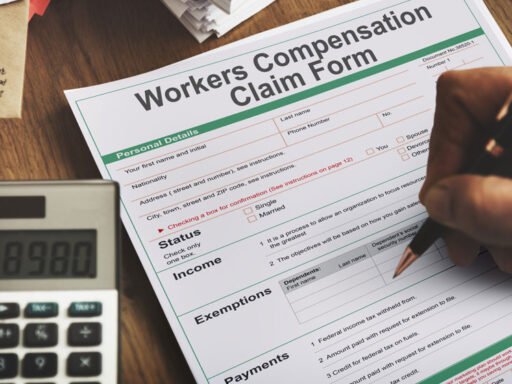Economic recessions can have profound effects on various sectors of the economy, and the bail bond industry is no exception. During times of economic downturn, the increase in unemployment rates, reduction in household incomes, and overall financial instability contribute to higher rates of bail bond defaults. This article explores the mechanisms through which economic recessions influence bail bond defaults and the broader implications for the industry.
Increased Financial Instability Among Defendants
One of the most direct impacts of a recession is the increased financial instability faced by individuals, which naturally extends to those involved in the criminal justice system. As unemployment rises and incomes shrink, the ability of defendants to pay bail, whether directly or through a bail bond service, decreases. This results in higher default rates on bail payments, as more individuals are unable to fulfil their financial commitments associated with bail.
Strain on Bail Bond Agencies
Higher default rates pose significant challenges to bail bond agencies. These businesses operate by assuming the risk that a defendant will appear in court, backing this risk with their own captial. When defaults increase, the financial strain on these agencies intensifies. They must absorb the costs of forfeited bail and may need to expend additional resources to apprehend those who fail to appear in court, further increasing their operational costs.
Adjustments in Agency Practices
In response to the heightened risk of defaults during economic downturns, bail bond agencies may adjust their practices. This can include increasing the fees charged for their services to offset the greater risk, demanding more substantial collateral before agreeing to post bail, or tightening the criteria defendants are willing to serve. Such changes can make it even harder for economically disadvantaged defendants to secure bail services, exacerbating issues within the criminal justice system related to inequality and access to justice.
Long-Term Impacts on Recidivism and Jail Populations
The increase in bail bond defaults during recessions can lead to larger jail populations as more defendants remain detained pretrail due to an inability to secure bail. This has broader social implications, including increased costs for local governments to maintain larger inmate populations and potential increases in recidivism rates. Defendants who are detained pretrail are more likely to plead guilty to charges, often to escape the jail environment, regardless of actual guilt.
Policy Implications
The impact of economic recessions on bail bond defaults highlights the need for policy interventions that could mitigate these effects. Proposals for bail reform often include measures such as eliminating cash bail for non-violent offenders or implementing more robust support systems to ensure that defendants can meet their court dates without financial penalties. These reforms could help stabilize the bail bond market during economic downturns and ensure more equitable treatment within the justice system.
Conclusion
The relationship between economic recessions and bail bond defaults underscores the interconnectedness of the economy and the criminal justice system. Recessions exacerbate financial disparities and vulnerabilities, leading to higher default rates on bail bonds and placing additional pressures on already strained systems. Addressing these challenges requires a combination of industry adaptation and thoughtful policy reform aimed at creating a more resilient and equitable system.





